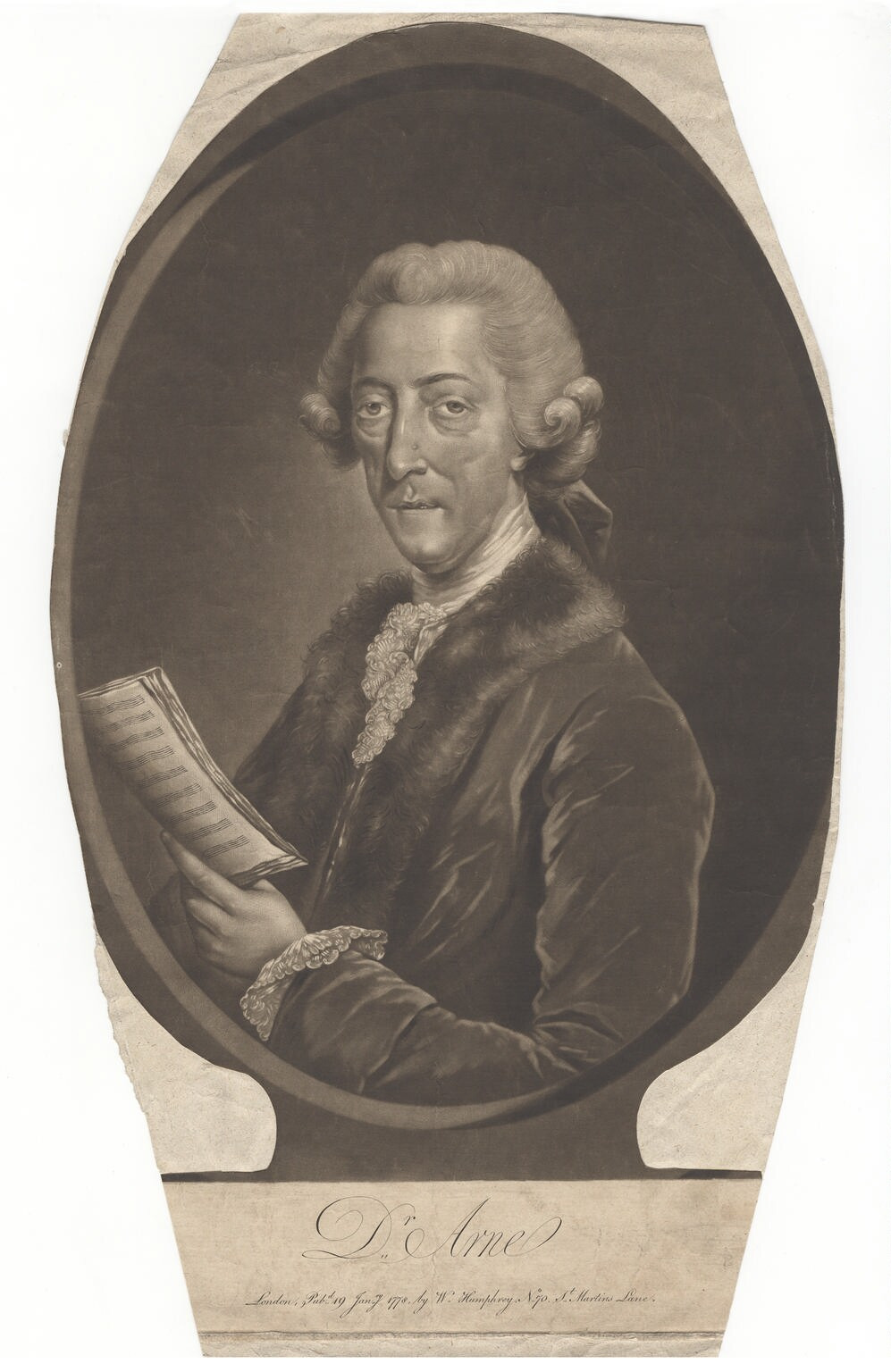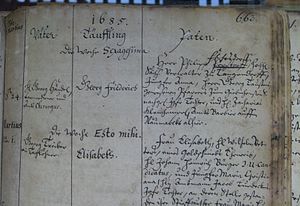Thomas Augustine Arne (12 March 1710 – 5 March 1778) was an English composer, violinist, and keyboard player. He was the father of composer Michael Arne and the husband of lauded soprano Cecilia Young. A prolific composer of music for the stage, he was the most significant figure in 18th-century English theatre music and is considered the catalyst for the revival of English opera in the early 1730s. While he was alive, England's musical scene was for the most part dominated by foreign music and musicians. Arne was the only native English composer of his day that was able to compete successfully with composers like George Frederic Handel who monopolized the British music scene during the eighteenth century.
 The full breadth of Arne's development of form and sound is heard here in these Overtures. Composed across some three decades, they show clearly how Arne progressed from the traditional French overture form of the 1730s towards introducing elements of the Italian 'bustling' style, the more 'avant-garde' style of Berlin (empfindsam), and a multitude of dances from minuet, rondeau, hornpipe and at the end of the last overture, an English 'jigg'.
The full breadth of Arne's development of form and sound is heard here in these Overtures. Composed across some three decades, they show clearly how Arne progressed from the traditional French overture form of the 1730s towards introducing elements of the Italian 'bustling' style, the more 'avant-garde' style of Berlin (empfindsam), and a multitude of dances from minuet, rondeau, hornpipe and at the end of the last overture, an English 'jigg'.
The Arne Overtures were published in 1751 but some date from considerably earlier – recyclings from operatic or stage works – and of real variety. Arne adopts the French or Italian overture as contrastive devices and engagingly so, and there are some splendidly enjoyable movements throughout their length though in toto they don’t really withstand close comparison with the work of a superior technician and melodist such as William Boyce. But the Andante of the First Overture is especially vibrant  and vocal, the con spirito of the Fourth replete with some dramatic flourishes and solo lines – confident, strong, delightful. Especially delicious is the flute writing in the Fifth Overture and the arching line of the Allegro con spirito. How delightfully as well Christopher Hogwood – I think that this was the Academy of Ancient Music’s first record – gives vent to the mobile chattering in the Sixth or the grand Largo of the final Overture, No 8 – expressive and noble, involved and intense through to the conclusion of the sprightly Con spirito last movement.
and vocal, the con spirito of the Fourth replete with some dramatic flourishes and solo lines – confident, strong, delightful. Especially delicious is the flute writing in the Fifth Overture and the arching line of the Allegro con spirito. How delightfully as well Christopher Hogwood – I think that this was the Academy of Ancient Music’s first record – gives vent to the mobile chattering in the Sixth or the grand Largo of the final Overture, No 8 – expressive and noble, involved and intense through to the conclusion of the sprightly Con spirito last movement.
The Academy of Ancient Music on period instruments play these works with a lightness and grace that really brings out the character.
flac

No comments:
Post a Comment